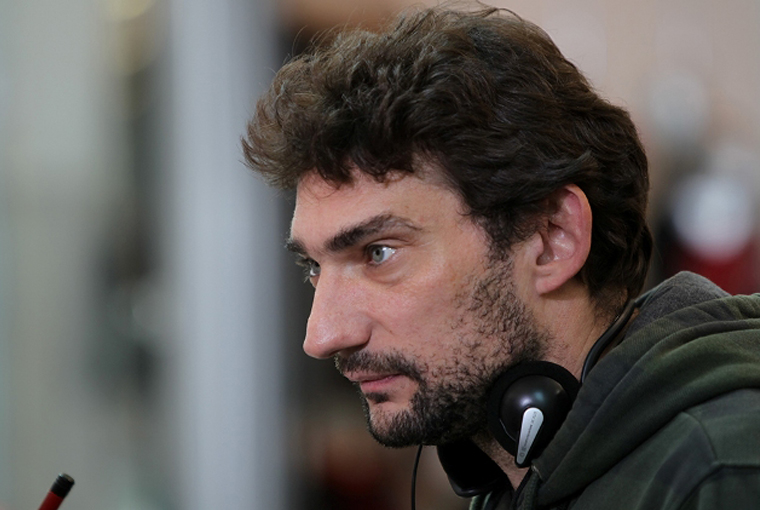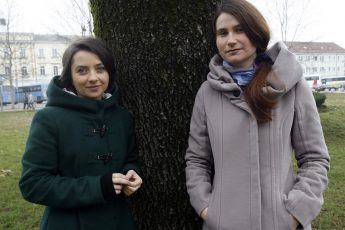
We caught up with Sławomir Fabicki who directed “Loving”. The film, which is based on the true incident of a mayor raping one of his employees, was screened during the Polish Film Festival in Paris. Fabicki speaks about the story that inspired his film, and about the problems of Poland’s emerging middle class.
Where does the film take place?
The film takes place in a small-sized city Płock, with about 100 000 inhabitants. But I didn’t want it to be explicit. It could happen in any town. I also wanted to avoid direct references to Olsztyn, where a mayor really raped one of his employees.
Did you decide to make a film upon reading that story, or did you have something similar in mind before?
I read an article about the mayor in Olsztyn, and then I decided to make the film. But the story and the characters in the film are very different from their real-life counterparts.
The couple Tomek and Maria are very different. It seems like she’s wearing the pants in the relationship. What did you want to say about male-female relationship?
Well, in all of my films, the men are weaker than the women. Even the mayor’s wife is stronger than her husband. Today, men don’t have the power any more, they don’t think they are responsible for their actions. But I wanted to show what happens to a couple when their love is dead. Tomek is not very sure about their relationship and neither is Maria. They are both fighting for each other’s love. In the beginning Tomek tells his wife that if they have a baby, they will find out if they still love each other.
But the crazy thing in the movie is that the rape reunites them. Can rape have a positive aspect?
No, in real life it can’t. But in movies it can. I wanted to trick the audience into thinking that the crucial point of the film is that Tomek can’t deal with the shame of having a wife that has been raped. But I didn’t want to make a psychological drama. I used different methods from suspense and thriller films to play with the audience and distort that feeling.
Tomek’s parents live in a socialist housing block. Tomek is a graphic designer and lives in a posh building in the suburbs. What are the generational and/or class conflicts in the movie?
In Poland, few films have explicitly dealt with the middle class. Tomek tries to belong to that new class. His parents were not rich.
The mayor seems to be part of it already. Could Tomek be jealous of him?
Yeah, Tomek is feeble. His mother has the power over him, she takes care of him and she takes the decisions. And Tomek also doesn’t understand why his beautiful wife could actually love him. He’s not at home in his own skin.
Thank you for the interview.




Leave a Comment